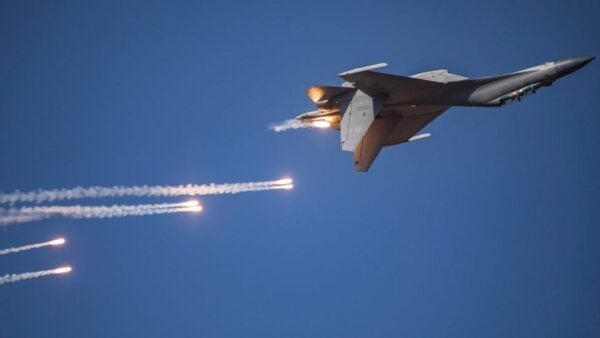
Foreign policy education has been said to be lacking in the modern curriculum. While not as fascinating as it was during the Cold War era, and perhaps dragged out to the point of frustration during regional wars since 1991, error is policy approaches have created serious consequences.
Recently the United States was able to have a prisoner swap with China for a Chinese national who was detained in Canada in exchange for two Canadian nationals kept in poor and confined conditions in a Chinese jail. While the US stands out as doing a great job in this case, Canada was completely dependent on US support for its citizens. Canada made no headway in ensuring the security of its citizens after years of throwing carrots to China. The amount of friendly gestures Canada gave to China while detaining its citizens bordered on the absurd at times. This went from giving them much of the national emergency stockpile of PPE at the beginning of Covid, to inviting Chinese PLA soldiers to train in Canada, trying to reward China with a vaccine development deal while knowing of concentration camps being operated in China, and ignoring a vote by the sitting Parliament on the condemnation of the Uyugur Genocide once it was forced into the legislature by opposition members and human rights groups. While there are still other Canadian nationals in Chinese prisons, some awaiting the death penalty, the narrative has turned to an internal rights focus, one that the Prime Minister ignored, deciding to take a vacation instead.
The United States’ shining light helping two nationals from Canada is only temporary, as they formed a security coalition in Asia leaving out allies like Canada and France, destroying a French Australian submarine purchase deal worth billions. France had some of the biggest casualties fighting alongside the Americans in Afghanistan since the early 2000s and is often the tip of the spear in fighting terrorist groups in Africa. This comes on the tail end of the US repeating the history of their hasty withdrawal from Saigon, now taking place in 2021 in Afghanistan, a historical event that shadowed US foreign policy until the 1990s GPS infused war in Iraq. The loss of Kabul will not get its own soundtrack or award winning movies made about it, as the Afghan withdrawal has mostly disappeared from the public narrative. There are still supporters of Western nations and their allies trapped there, there are reports of human rights atrocities taking place as you read this post.
This week a major challenge has struck relations between China and Taiwan, with China’s Air Command and Navy pushing into Taiwan’s air defense perimeter. While no shots have been fired, it looks as if China is trying to measure the capabilities and responses of Taiwan and its US allies in support of the island. With so many foreign policy errors in such a short period of time, the lack of focused coordination by the US and unwise rifts with its allies has shown the US to be weak on the world stage in regards to threats to its interests. The United States is the only country that can stand up to larger powers. When the US eventually returns to their position in the world, it will be a much more complicated and dangerous place.